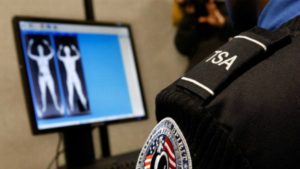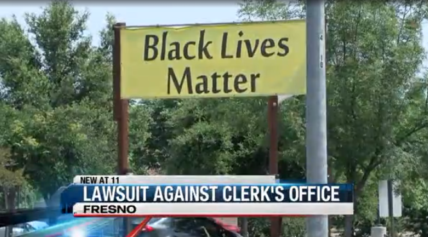
Two Black women who have their hair styled in smaller versions of dreadlocks, known as “sisterlocks,” said they were targeted by airport security and subjected to an additional pat-down that focused solely on searching their hair.
On Thursday, the women said the TSA has agreed to stop singling out women based on the natural style, giving them hope that other Black women won’t have their hair yanked and pulled the way theirs had been in the past.
“I was going through the screening procedures like we all do, and after I stepped out of the full body scanner, the agent said, ‘OK, now I’m going to check your hair,’ “ one of the women, Malaika Singleton, told Reuters.
Singleton is a neuroscientist based in Sacramento who was headed to London for an academic conference on dementia.
According to TSA agents, however, she was a potential threat who could have been using her natural tresses to smuggle illegal paraphernalia.
The additional natural hair screening took place at both the Los Angeles International Airport as well as the Minneapolis airport, Singleton said.
It was concerning enough to discover that the natural hair screening wasn’t an isolated incident in one airport with one over zealous TSA agent: Many Black women have been dealing with the same sisterlock search at the airport.
“The first time I was on a trip with colleagues, some other attorneys who were white and Latina,” Coleman told Reuters of her own experience. “The woman said, ‘I need to search your hair now,’ and she just started grabbing my hair and squeezing it from top to bottom.”
According to Coleman, her white and Latina colleagues did not have to undergo any additional hair search.
When Singleton contacted the ACLU, she found out ACLU attorney Novella Coleman had already filed a complaint about this additional screening back in 2012.
Then, however, the complaint didn’t yield any results.
This gave her the opportunity to file yet another complaint based on Singleton’s experience.
The complaint resulted in a promise from the agency to start conducting anti-discrimination training sessions that would help their officers find better ways to conduct thorough searches without profiling based on hair.
While the ladies are hopeful that this will lead to a positive change in how TSA agents deal with Black women wearing natural hairstyles, it isn’t clear exactly what kind of training the agency has in mind for its staff.

